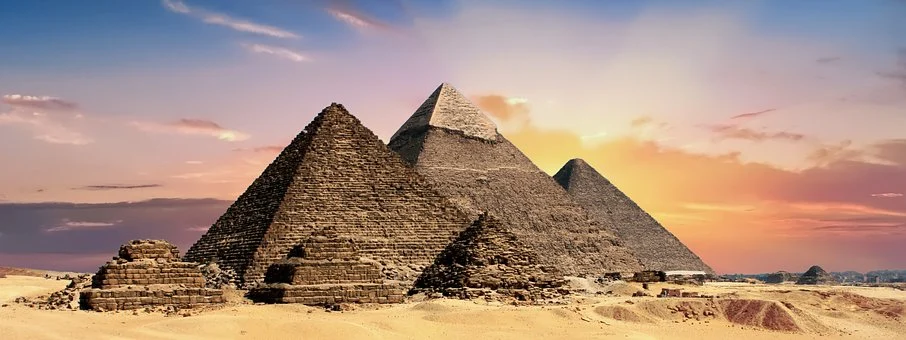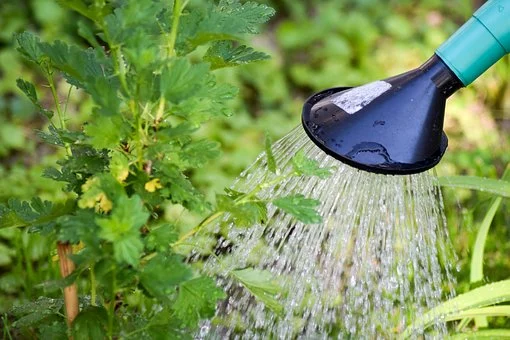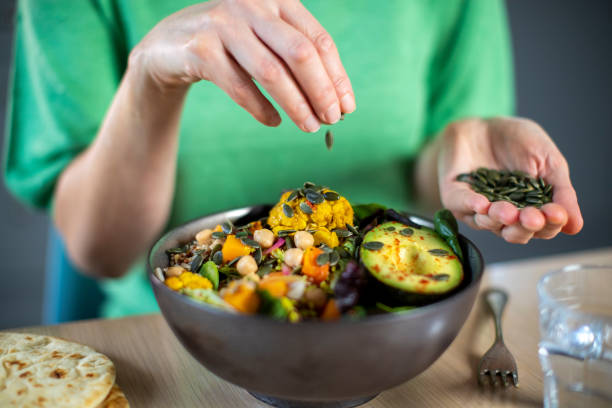
Agriculture was the basis of the ancient Egyptian economy and vital to the life of the earth’s inhabitants. Agricultural practices began in the delta region of northern Egypt and the fertile basin known as the Faiyum in the pre-dynastic period of Egypt (around 6000 – 3150 BC), but there is evidence of agricultural use and overuse of land dating back to 8000 BC.
Agriculture in Ancient Egypt:
The ancient civilization of Egypt was indebted to the Nile River and its seasonal floods that could be relied upon. The predictability of the river and the fertile soil enabled the Egyptians to build an empire on the basis of great agricultural wealth. The Egyptians were known to be one of the first groups to practice farming on a large scale. This was possible due to the ingenuity of the Egyptians for their development of flood irrigation. Their agricultural practices made it possible to germinate food crops essential to life, especially grains such as wheat and barley, and industrial crops, such as flax and sedge.

What are the steps in the agricultural operations?
Agriculture in ancient Egypt was going through several stages after the flood waters withdrew from the land into the Nile River. The agricultural processes in ancient Egypt can be summarized as follows:
- Mowing and plowing: The farmer hoes the land with an ax and plows it with ploughs pulled by oxen.
- Sowing the seeds: The farmer sows the seeds and releases the sheep to be planted with their feet in the soil.
- Harvesting: The farmer waits until the crop is ripe, then harvests it and collects it in nets or puts it in the form of bundles to transport it to the yards to be studied by the animals.
- Storage: The farmer performs the process of winnowing the grain, sifting it, recording the amount of the crop and storing it in silos for safekeeping.

But what are the crops that Egypt is famous for?
- Including beans, lentils, sorghum, fenugreek, cucumber, onion, lettuce
- Among the fruits are figs, grapes, buckthorn, sycamore, dates.
- Here are oil crops, such as sesame, castor, and olive cultivation began since the eighteenth dynasty, but it was always scarce.

Here’s why you should incorporate Seeds in your daily meal :

- They’re high in dietary fibre, which helps to delay digestion and keep the digestive system running smoothly.
- They provide you the beneficial fats you need to keep your blood cells healthy and your brain functioning.
- They minimise inflammation in the body when combined with nuts, which slows ageing and lowers the risk of heart disease.
- It includes plant sterols, which aid in cholesterol management and cancer prevention.
- They are high in trace minerals that our bodies require, such as selenium, magnesium, copper, and zinc.
- The seeds can help reduce weight gain if ingested frequently over time.
You can visit our farms in Egypt and have a look at how the cultivation process goes from beginning to end.

1 Comment
what the references?